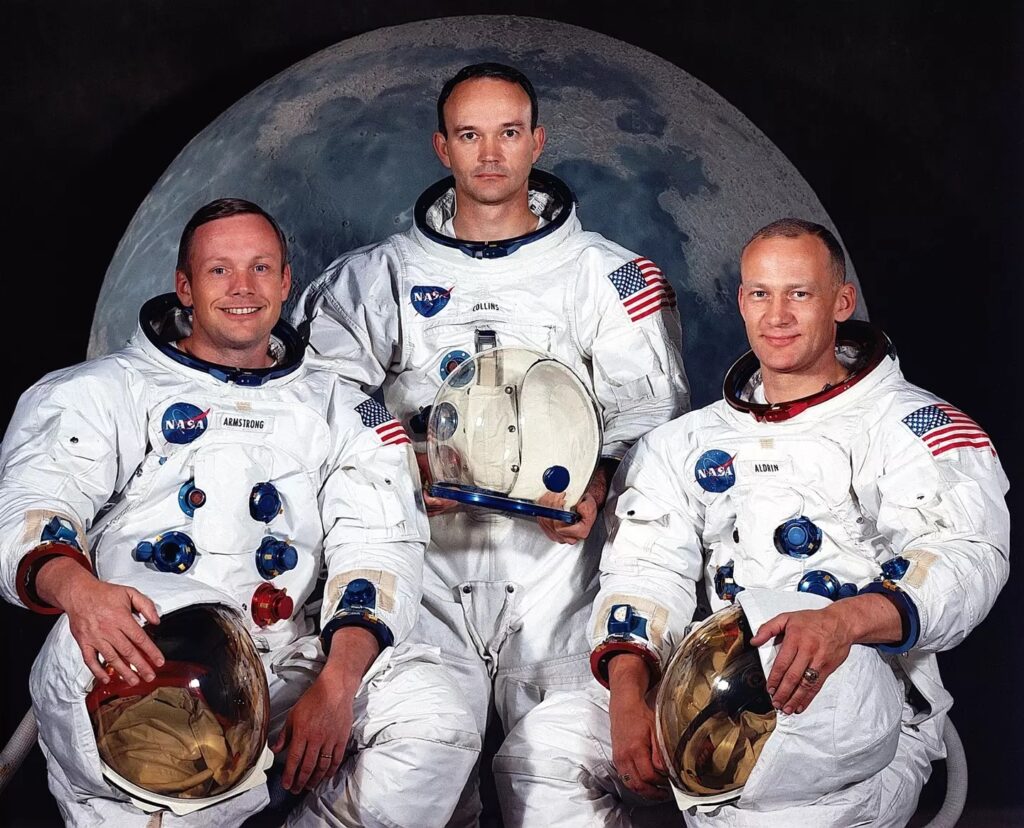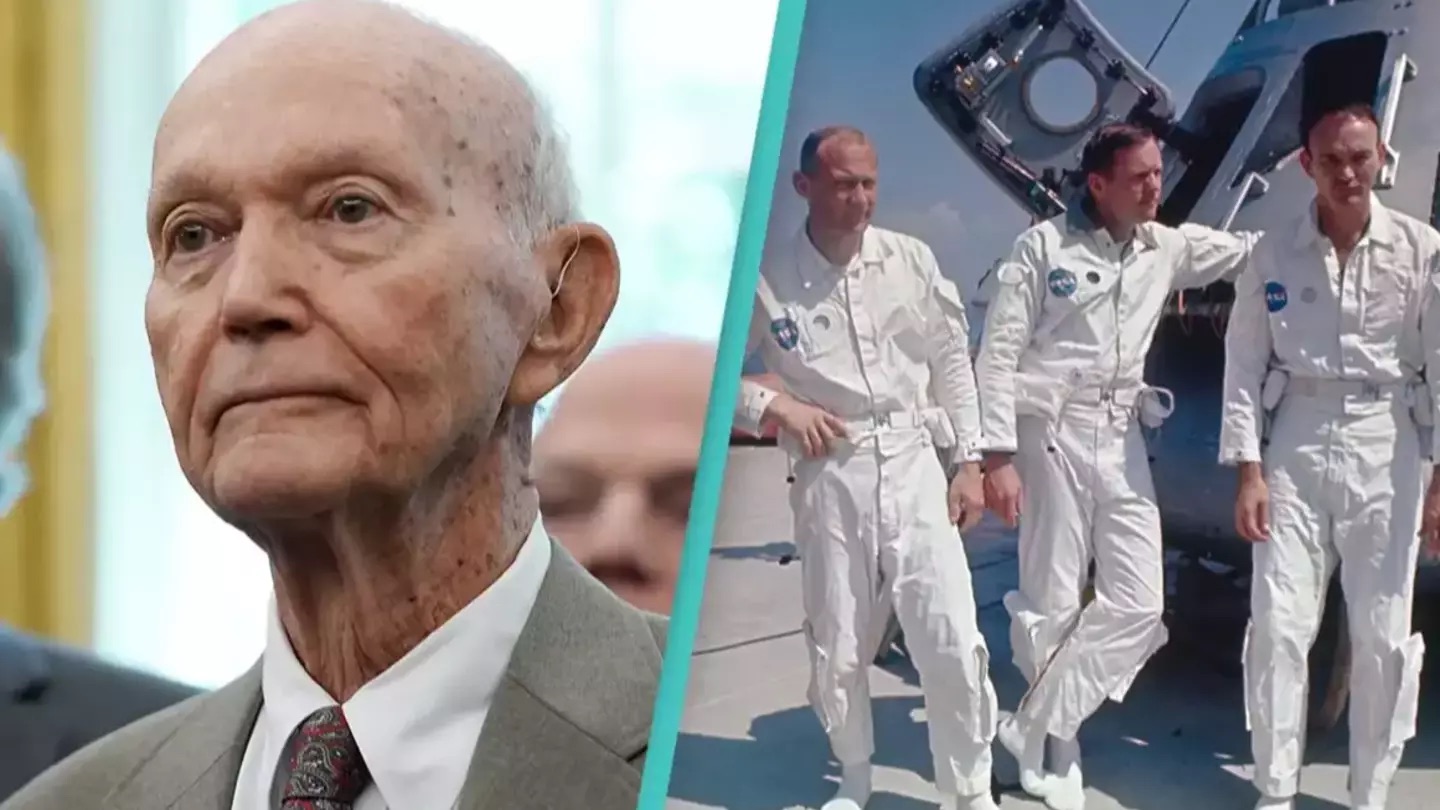When you think about the historic 1969 moon landing, the names that usually come to mind are Neil Armstrong and Buzz Aldrin. If other names come to mind, it might be coincidental or indicative of your in-depth knowledge of the event. The moon landing was a monumental achievement in human history, and these two astronauts are typically the most recognized figures associated with it.
I must admit, I’m not fully acquainted with the entire Apollo 11 crew, but this doesn’t diminish their monumental contributions. Neil Armstrong made history with his famous words as the first human to set foot on the moon, followed by Buzz Aldrin, who helped plant the American flag.
However, they weren’t alone; Michael Collins remained aboard the lunar command module, playing a crucial role in navigating the spacecraft and ensuring the safe return of his fellow astronauts to Earth. Collins, who passed away in 2021 at the age of 90, shared his lunar experiences in a 2019 interview with 60 Minutes Australia.
He responded with a touch of humor, “Was I in the prime spot on Apollo 11? Not exactly,” he said. However, he added with satisfaction, “But was I happy with my position? Absolutely – it was a role I embraced wholeheartedly. And let’s not forget, I was their lifeline back to Earth – without me, they wouldn’t have made it home.”
While Armstrong and Aldrin were busy collecting lunar samples, Collins remained in orbit around the moon, often shrouded in darkness. He reminisced about the less-than-stellar meals during the mission and admitted that the spacecraft wasn’t the most comfortable place. Nonetheless, he genuinely enjoyed his experience.
Despite this, Collins maintained that nothing could compare to the beauty and comfort of Earth.

Unfortunately, the astronauts didn’t immediately return to the comforts of home after their lunar journey. Collins shared, “We underwent a two-week quarantine upon our return because some scientists were concerned about potential lunar pathogens that could pose a threat to humanity.
To address this, we were placed in a sealed environment with a large population of white mice – our survival depended on their well-being. If the mice thrived, we were safe; if they perished, it would have been serious trouble. Despite the circumstances, I grew fond of these mice, though I couldn’t name them all. Fortunately, they survived, and so did we!”
